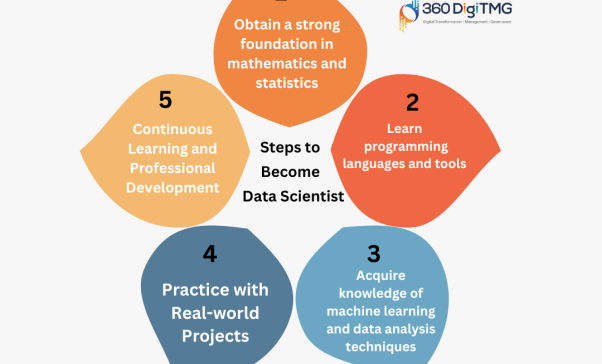
We are witnessing the fourth industrial revolution which is driven by automation and digital transformation. The job placement and recruitment scenario has undergone a sea change in this era.

New skill sets and self-employment models have emerged. Job creation rates have been altered. The level of globalisation, the increasing presence of start-up and disruptor firms, changing government regulations further complicate the scene.
As a result, recruitment agencies and corporates are seeing disruptive changes in the job market. These exponential changes in the recruitment and technology domain are forcing recruitment companies to come up with new ways of doing the business.
Recruitment companies are using talent-centric tools and technologies to win the war for talent:
Artificial intelligence and machine learning in recruitment
No conversation on technology would be complete without addressing the role of artificial intelligence (AI) and machine learning. These technologies are poised to immensely benefit recruitment companies to improve the talent experience and increase recruiter efficiency. These technologies improve candidate search results and match accuracy that enable a recruitment agency to find a better fit. The new gen technologies also offload work from the recruiting firm such as conducting the initial screening and establishing an interview time.
Mobile recruitment
Smart phones are increasingly used for searching the web. This makes it imperative for HR professionals to use mobile devices to stay in touch with aspirants. Companies are developing career websites and recruitment software that are mobile compatible.
Talent relationship management (TRM) tools
Recruitment companies use the TRM tools to get insights and visibility into newer aspects of candidates that are not visible in their resume. A TRM tool can reveal whether the applicant viewed a job posting before applying for the job. Did he finish an online application or left it mid-way. Such information about the candidate is many a times not revealed during an interview. This may look like trivial piece of information. But if used strategically, it can convert interested job seekers into employees.
Video based interview tools
Remote work and telecommuting have become more commonplace these days in the staffing industry where candidates do not want to come into the branch for an in-person interview. Video chat, video conferencing, and video interviewing are useful tools frequently used by recruiters.
These online assessment tools are more fun than the traditional personal interview technique. Companies are also investing in gamification and predictive hiring tools. These tools help to confirm candidate skills and fit. Most of the staffing firms also believe they are more accurate than the traditional candidate assessment methods.
Social media recruitment
Companies believe that they should communicate with candidates based on the candidate’s preferred communication method. These days the variety of communication methods used by the millennials is mind-bending: smart phone, voicemail, email, text, instant messaging, LinkedIn direct message, Facebook Messenger, Twitter, Snapchat, Instagram and many others. The social recruiting platforms must be integrated with the recruiter’s staffing software so he can manage all communications in an integrated manner. It looks like the trend of social recruiting will grow even further in future, making it imperative for IT recruitment agencies to capitalize on this trend to the best of their abilities.
Robust database
You would agree that direct sourcing is a huge threat and recruitment agencies must always have a better candidate database than their customers. Candidate data quality and completeness of information are of paramount importance. This helps recruitment companies to fill positions faster directly from the database.
An automated process to update critical data elements such as work history, contact information etc adds immense value to the direct recruiting process. Staffing firms are increasingly investing in technologically to create and update superior database to confidently engage niche talent and provide better candidates to client organisations.




